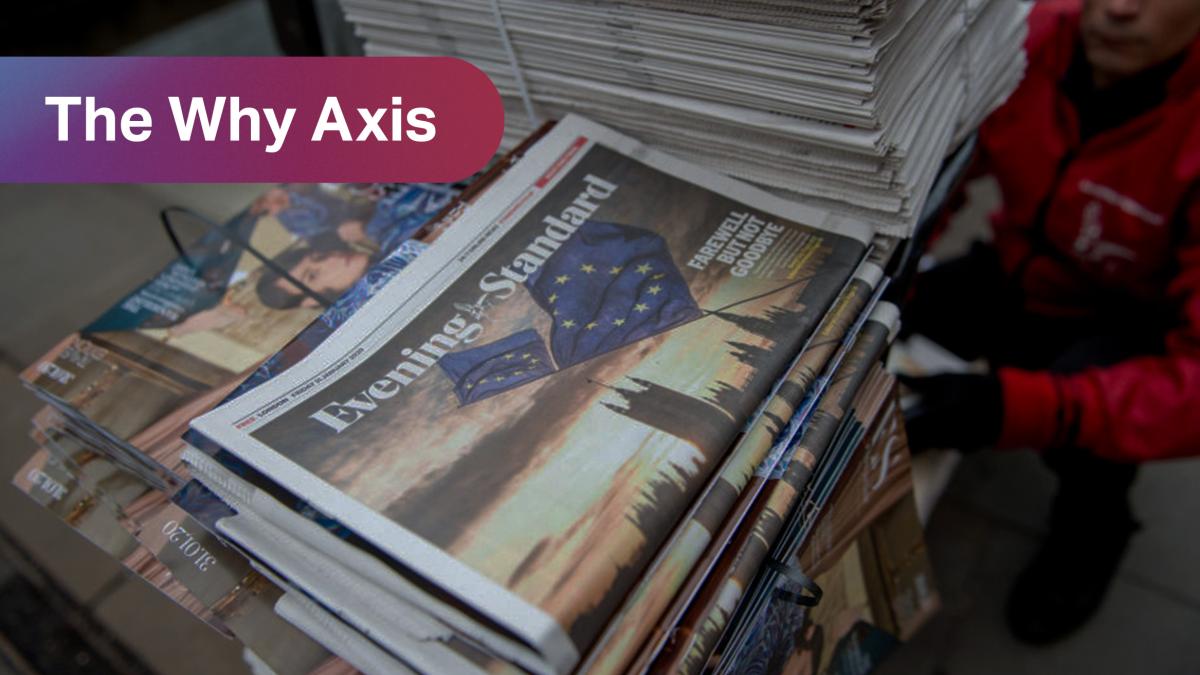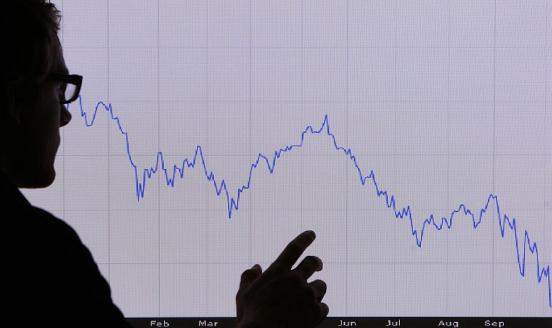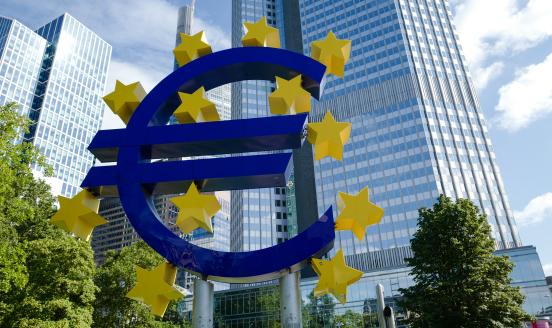How to ensure European economic security in a world of interdependence?


Five years ago, the biggest economic problems in Europe were revitalising growth and decarbonising while maintaining social cohesion. They still are. In the meantime, pandemic-related supply disruptions, the energy crisis provoked by Russia’s invasion of Ukraine and economic coercion by China have put another problem high on the agenda: economic security.
How can Europe safeguard its economic security while maintaining the benefits of international trade and cooperation, including with China? One answer, given by European Commission President Ursula von der Leyen in a March 2023 speech, is that Europe needs to de-risk – not de-couple. But how exactly?
Researchers from Bruegel and CEPR provide the answers:
First, identifying trade relationships that are vulnerable to economically costly disruption is hard. As a result, de-risking must be complemented by deterrence and by raising resilience with respect to all disruptions, whatever their origin. This is yet another reason why we need a deeper and broader EU single market.
Second, the EU’s current focus on import dependence is disproportionate. The next shock may come through exports, profit repatriation, asset expropriations or financial channels. We have worried much less about these threats, presumably because of the usual tendency to fight the last battle.
EU economic security policies have been right to emphasise the reduction of import dependence on chips and critical raw materials, and the creation of a powerful legal anti-coercion instrument. In many other respects, there is room for improvement.
Bruegel has partnered with with CEPR, the European network in a collaboration on ‘Important Topics of Common European Interest’.
Our first joint report, Europe’s Economic Security, was just launched. It contains six chapters, two of which were authored or co-authored by Bruegel researchers: Conor McCaffrey, Jean Pisani-Ferry, Niclas Poitiers and Jeromin Zettelmeyer. The report was edited by Beatrice Weder di Mauro (CEPR’s president), Jean Pisani-Ferry and Jeromin Zettelmeyer.
A version of the first chapter was published yesterday as a Bruegel Policy brief and a CEPR Policy insight. Read it here: ‘How to de-risk: European economic security in a world of interdependence’.
The Why Axis is a weekly newsletter distributed by Bruegel, bringing you the latest research on European economic policy.



